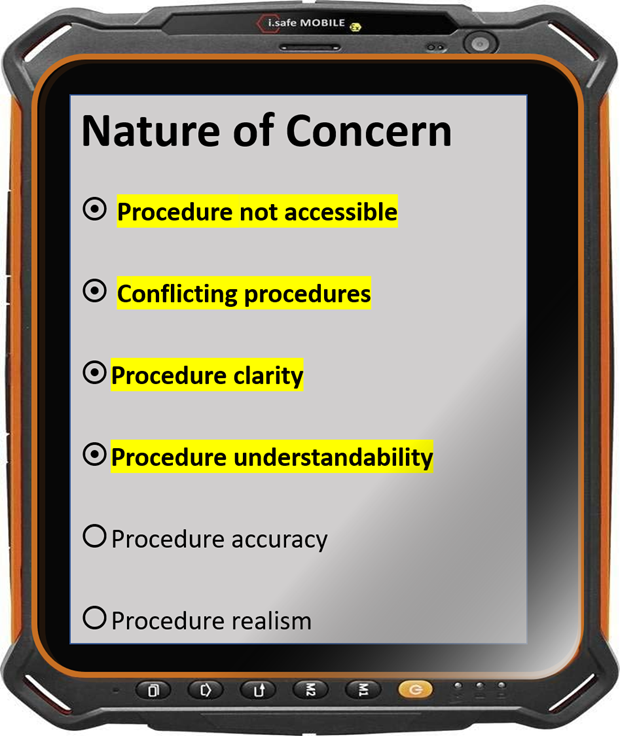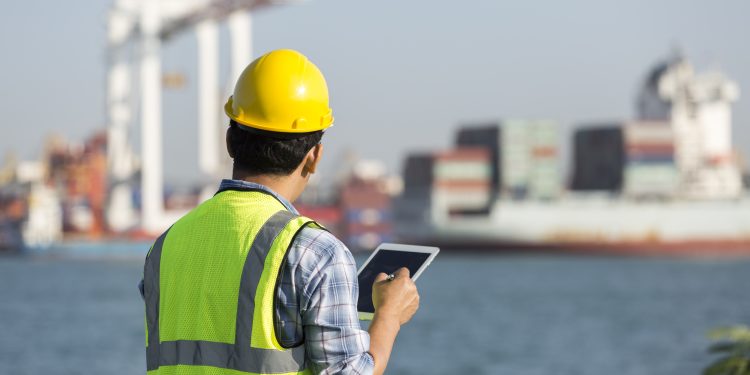NorthStandard and Lovoy A/S point out how important it is for shipping companies to ensure that the policies and procedures in their vessels’ safety management systems (SMS) are clear, relevant and usable by the crew they are intended for, and why SMS improvement is closely linked to companies’ SIRE 2.0 preparation.
The new SIRE 2.0 requirements
SIRE 2.0 takes a risk-based approach that considers human factors, which requires a change in mindset. It is no longer enough only cover the technical aspects of the inspection. As defined by OCIMF, human factors are “the physical, psychological and social characteristics that affect human interaction with equipment, systems, processes, other individuals and work team(s).”
In simple terms it means recognising that it is the people on the ships and in the operations and support teams who make safety work, but that human error still occurs in interaction with conditions, systems and/or other people.
Unlike the original SIRE questionnaire, which contained basic ‘yes/no’ responses, SIRE 2.0 requires assessments on hardware, processes, and human factors. Responses will now consist of a graded assessment system ranging from “not as expected” to “exceeds expectations.”
Under SIRE 2.0, inspectors will be prepared with a ‘human response tool’, which provides nine Performance Influencing Factors (PIF). PIFs (also known as ‘performance shaping factors’) are the factors that make errors more or less likely, such as accessibility and usefulness of procedures, human-machine interfaces and the opportunity to learn or practice.
The inspector must identify PIFs for any assessment that finds that the execution of the task either exceeded expectations or wasn’t fully as expected.
This means that SIRE 2.0 inspectors will now be expected to look deeper into a vessel’s procedures to see if they are suitable for use by those who use them. Issues with a vessel’s SMS procedures will be tagged with the appropriate PIF. Negative responses can be recorded by the inspector as a subject of concern (SOC) and nature of concern (NOC)
Just covering the questions is not enough
Lovoy A/S report that in order for them to get ready for SIRE 2.0, many companies are simply going through their current SMS and looking for key words found in the new SIRE 2.0 questionnaire. They are often asking themselves, “Can we find something about this topic in our current SMS?” If not, they just add the topic to the SMS to try and satisfy the questionnaire requirements.
But is it enough to just match the words in the new questionnaire? The short answer is no. Fixing the traditional gaps with the 7th Edition Vessel Inspection Questionnaire (VIQ7) alone is now not enough. Shipping companies that ignore human factors, such as making procedures user-friendly might be in for a surprise.
Recording SMS issues
After recording a NOC, inspectors will use a ‘Process – Cause Analysis Tree” to describe the details and underlying reasons for the finding, as shown below:

The SIRE inspector will record any deficiency, defect, or non-compliance in the SIRE 2.0 Negative Observation Module. When finding deficiencies in procedures or documents, inspectors will use TMSA-based coding, which allows a connection to be made between inspection observations and TMSA KPIs.
The following extracts show codings that link to the SMS. Each relevant procedure, checklist, permit to work, and other documents should meet these standards.
SIRE 2.0 Negative Observation Module Annex 2: Process – TMSA-based classification coding
| Level 1 Description | Level 2 Description | Level 3 Description |
| 1A – Safety management system | 1A1.3 – Procedures in plain language and detailed | 1A.1.3.1 – Procedures in working language of vessel |
| 1A – Safety management system | 1A1.3 – Procedures in plain language and detailed | 1A1.3.2 – instructions are logical and identify steps |
| 1A – Safety management system | 1A1.4 – Procedures and instructions are accessible | 1A1.4.3 – On board vessels |
| 9 – Safety Management- Shore | 9.1.4- Permit to work system | 9.1.4.1 – Permit to work is used to control risks associated with hazardous tasks |
| 9 – Safety Management- Shore | 9.2.1 – Risk assessments are used to develop safe working procedures | 9.2.1.1 – AII risk mitigation measures incorporated into the safe working procedures |
Why do the job twice?
As the new requirements clearly show, SMS procedures must be user friendly. It is recommended that companies do not consider the new SIRE 2.0 requirements and the improvement of their existing SMS procedures as separate tasks.
Members should consider covering the SIRE questions in such a way as to avoid NOCs and SOCs. As such, covering each SIRE question and making the text user-friendly are connected, so why do the job twice?
Simplifying SMS – not just for tanker operators
The rationale of taking this ‘human factors’ approach in SIRE 2.0 stems from the prevention of accidents and incidents. Therefore, the process of SMS review is equally applicable to all vessel types. It may be considered even more relevant for those vessels operating under RightShip or the incoming DryBMS inspection programs. Such inspection regimes will also check that operations are conducted safely and in line with user-friendly and well-developed procedures.
Shipping companies may find analysing all the SIRE 2.0 questions straightforward but time-consuming. But to get ready for SIRE 2.0 they must not only cover the content in each question but also document the content in a way that will turn words into safe actions by making the SMS user-friendly and therefore avoid negative NOCs and SOCs.





























































